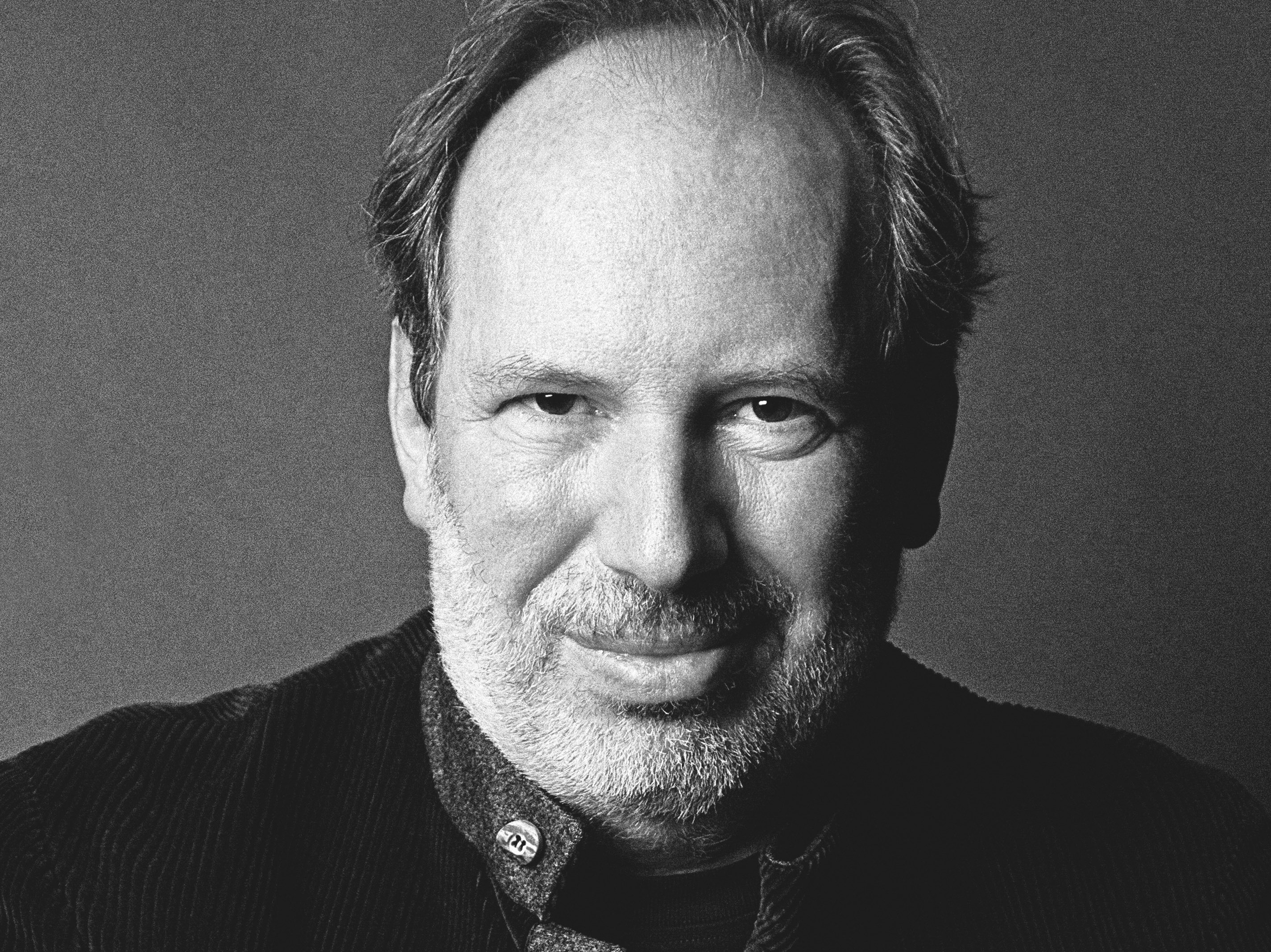
Award-winning German film score composer Hans Zimmer (1957-), one of the greats of our time, has composed film scores for decades, with each one surpassing the last. Some of his most famous scores include Lion King (1994), Gladiator (2000), Batman: The Dark Knight (2008), Inception (2010), and Interstellar (2014). He most recently composed scores for Dunkirk (2017) and Blade Runner 2049 (2017). Zimmer has received many awards for his work, including a Best Original Score Oscar for his Lion King score. He was also nominated for 8 other Best Original Score Oscars.

Today, we will be talking about Zimmer’s style when he composes scores. Like all great composers, Zimmer doesn’t fall victim to having one easily recognizable style. He possesses an amazing ability to vary his style and the mood of his music depending on the time period and context of the movie he is scoring.

One of Zimmer’s first highly recognized and successful scores was his score for Ridley Scott’s Gladiator (2000). The film follows the story of the betrayed Roman general Maximus (played by Russell Crowe) as he seeks revenge for the murder of his family. He goes about this by battling as a gladiator in Rome. The score won a Golden Globe and was nominated for an Oscar. In this score, Zimmer embraced the ancient Roman sound of the film’s setting and time period through ethnic singing, the multiple uses of various ancient European and Armenian instruments, and slow orchestral songs full of the malaise of the heat and hardships that Maximus fought through to seek his revenge. The song 4. Earth (song link 1: song 1) is a peaceful recurring theme that follows Maximus for the duration of his enormous burden of an undertaking. Listen to the airy sounds in the background as well as the cello and trumpet solos. Zimmer then matches this malaise with fast action-packed battle songs as well. These songs have pounding percussion parts and occasionally lively singing.

The next Zimmer score we will look at is the score for Christopher Nolan’s Inception (2010). One of my favorite movies and my favorite Zimmer score, this philosophical and mind-blowing movie has an equally amazing score to match. In the movie, Cobb (played by Leonardo DiCaprio), a criminal who uses dreams to steal corporate secrets, must complete one last big job in order to go home to his kids. However, Cobb’s dark past entangled with his deceased wife Mal (played by Marion Cotillard) keeps catching up with him until there is no escape from facing the reality of the film, that nobody knows which reality is reality. Neither Mal nor Cobb nor the viewer can ever be sure.
Zimmer is well-known for his mixing of synth sounds with live orchestral music. He does this extensively in Inception to create an ethereal, dream-like score with dark twisted moments and drama. Even though many of the songs sound like a dream, there’s always something off that puts the audience on edge. The songs that best exemplify this idea are The Dream is Collapsing (song link 2: song 2) and Dark Mal (song link 3: song 3). The Dream is Collapsing brings in the strong brassy chords and high drama while Dark Mal sounds peaceful but somewhat eerie and unreal. As a potential reference point for some of you, songs such as Dark Mal remind me of Ramin Djawadi’s soundtrack to the first season of the hit HBO TV series Westworld. Both Inception and Westworld have a dream-like world with twisted characters and themes. I highly encourage anyone who hasn’t seen the film Inception to watch it. I won’t say anything more for fear of spoiling the movie.

The last Zimmer score I would like to mention is the score for Christopher Nolan’s Interstellar (2014). Zimmer and Nolan paired up again to create another ethereal and otherworldly sound and experience after working together on the Batman films and Inception. Though the score lost against Alexandre Desplat’s The Grand Budapest Hotel (2014) score for the 2014 Best Original Score Oscar, Zimmer’s Interstellar score still excellently captures the quiet and somewhat empty atmosphere of outer space through songs such as 3. Dust (song link 4: song 4). Take note that in Dust, synth noises are added in around 2:15 to drive the piece forward. Zimmer’s innovative trademark of combining synth sounds with orchestral music continues here from many of Zimmer’s other earlier films.
Despite the ingenuity of this score, I would like to mention that though Zimmer’s soundtrack is simplistic and beautiful, it relies heavily on the slow progression of a few key recurring themes. The loudness of the score also caused many viewers to take issue. Viewers complained that the score drowned out the dialogue in many important moments. Since most of the soundtrack followed the theme of being tranquil and otherworldly, hearing important moments be blasted away really detracted from the simplicity and effectiveness of the score, in my opinion.
Hans Zimmer continues to compose scores today, and I am excited to watch Dunkirk and listen to Zimmer’s latest score when the movie comes out on DVD. I hope you have learned a bit more about Hans Zimmer and have enjoyed listening to a few of his compositions. Though not discussed in this post, I would also recommend checking out Nolan and Zimmer’s collaboration in Batman: The Dark Knight in addition to checking out the other films mentioned here.
I hope to catch you next time on Scoring the Score!
Image and Information Credits:
Image 1: Figure 1
Image 2: Figure 2 (screenshot from video)
Image 3: Figure 3 (screenshot from video)
Image 4: Figure 4
Image 5: Figure 5
Information Source 1: Info Source 1
I don’t own any of the music or images. The music is property of Hans Zimmer, his collaborators, and the studios he has worked with to create these scores.
